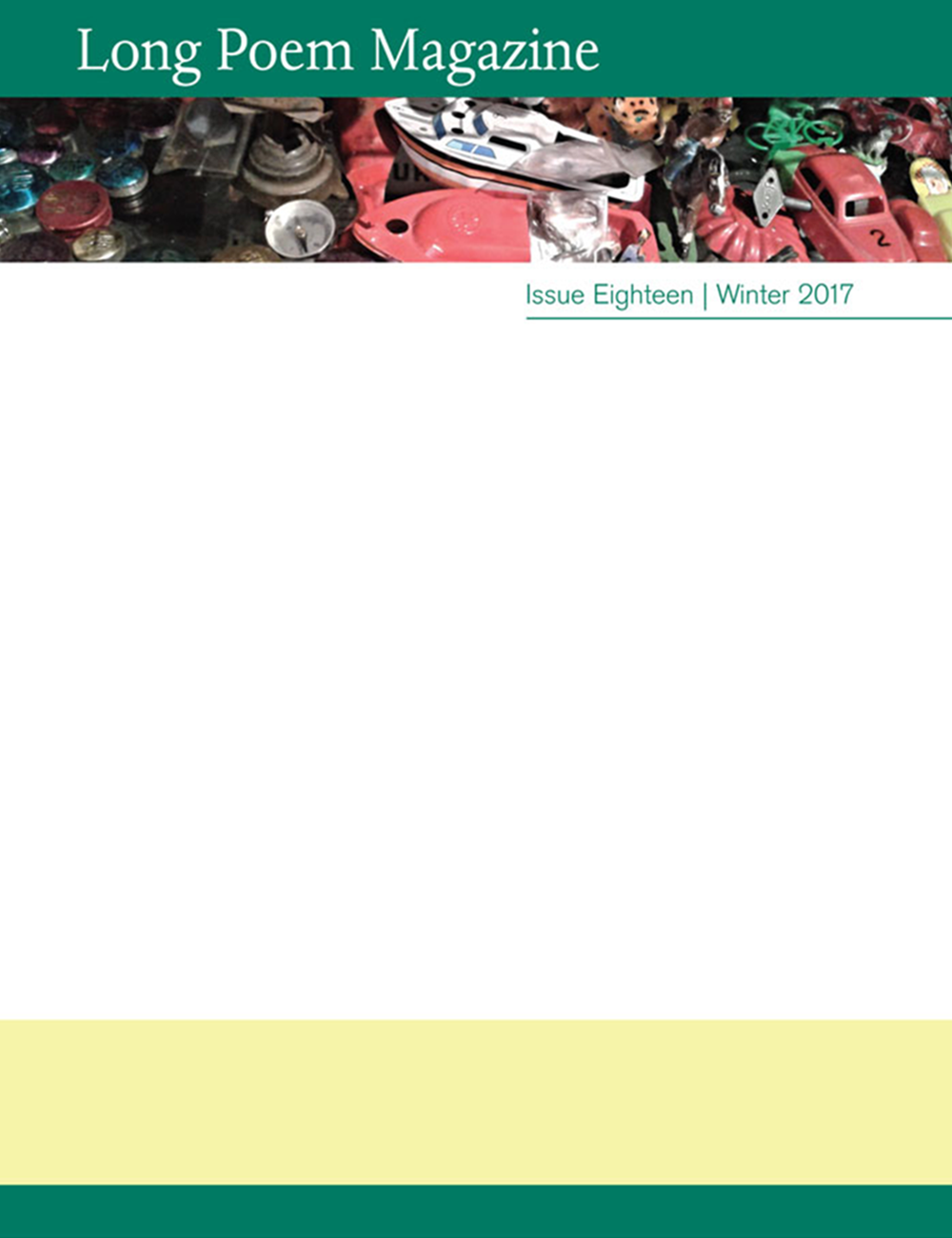In May this year we were pleased to participate in the inaugural Free Verse Poetry Magazine Fair at Conway Hall . I was asked more than once what my favourite issue of LPM was and could only reply ‘all of them’. We are truly excited/delighted by each issue, no less so this current one. Welcome to our eighteenth community of poets and poems.
On reading the poems in depth, and particularly when ordering, I am filled with admiration for the breadth of our poets’ skills, imagination and integrity . I experience the whole, parts interlaced; the trees, their leaves, creatures and branches . What quiet thoughts are raised as I read, what memories, what connections open up? Not long ago, I heard someone read ‘Ode to Autumn’ and was transfixed, so familiar were those lines living inside me like a song, both tender and powerful. Small phrases may trigger new thoughts, a desire to find out more – no doubt a different experience for all who partake. I’m captivated by Mercedes Cebrián’s opening line (translated by Terence Dooley); ‘That stupid Karen Blixen. . .’ its disrespect – intrigued to know why – the audacity. I don’t know much about KB so I look her up. Later in the same poem I am told with certainty, ‘Daylight now is quite unlike / that of the old days.’ and I think, yes!
In Mandelstam’s poem (translated by Anthony Barnett), ‘Children play jacks with vertebrae bones of animal dead’ – the jacks I played with were not made of bones. Throughout the poems, the children are multiferous: ‘throwing pebbles’, ‘on a cliff-top / tossing gravel down some deep shaft’, with ‘gaps in their teeth / so many chronically dirty shoes’. A 6-year old boy ‘jangles Pip, Squeak & Wilfred in a room that smells of baccy, piss and Black Bullets’. They may be winged, solitary, grouped, in gangs, clad in leather, victims. ‘On CCT, I see him stab and stab again a well-killed kid from the next estate: little warrior, cock of the walk.’ (Martin Malone) ‘We are children /always, attentive to the breath.’ (John F. Deane) There are those who did not make it into this world: A father writes tragically of ‘a cord round our child’s neck / all of us struggling to breathe’. András Gerevich (translated by by George Szirtes) imagines ‘the whirlpool in her womb as it too drags us down’; writes tenderly , ‘I wash her hands in the sea.’
There’s death; there’s sickness : lock jaw is a symptom of tetanus ; ‘…feed me twice a day this cure of warm gruel./ Give me back my voice.’ (Jim Carruth) ‘Poor Anthony, saint of amputees and barrenness, dying under the walnut tree at thirty-five’; Fedrico García Lorca, ‘murdered/on a road outside Granada.’ Goya’s bleak works, Pinturas Negras, were originally painted in oils on the walls of his home Quinta del Sordo (Villa of the Deaf Man) : ‘old naked and bulging-eyed a god eats his tiny son’. (Christopher Nelson)
Fields are ‘ of emeralds’, full of ‘blood red sorrel’, are ‘harvest fields blasted’ by blizzards, where we may find ‘Pieces of gate that go back to Edward Thomas.’ ‘Let the children burst free from the green village / To chase hares and an ever-blue breeze.’ writes Friesland poet Tsjêbbe Hettinga, (translated by Kate Ashton). Birds fly in – pigeon, red kite, sparrow; in the middle of a bare field ‘a solitary lark … broadcasting across the pastoral world.’ (John Greening). ‘There is blackbird, there is robin, hearts full of singing’ (Linda France). Two quails are ‘joined at the beak / over a grain of millet’ . A magpie ‘tiny, out of scale, peeks from under / the bulbs of the arrowroot’ (Anna Reckin). In Adam Taylor’s version of ‘Le Cimetière Marin’ ‘Doves strut on the great roof’ of the cemetery at Sète where Valéry himself is buried. ‘ Somewhere on high’ above the trenches of The Great War ‘a lark sings and off clicks the safety-catch’.
Clothes are worn: gown, robe, smock, sari, cummerbund, singlet: white slippers, a red wool cape, ‘a bullet-proof hat’ , ‘embroidered caps / which hold the veil in place’ . A shirt ‘made in Honduras’ sports ‘a lapel I’ll never iron’; another, a dress-shirt, is destroyed ‘with my bare hands, down to pulverizing the little elk-bone buttons’. (Mary Di Lucia) Waiters ‘in their white coats’ pass by; water trails ‘a sequined coat’. ‘The charcoal tweed coat / united Europe’, we are told: ‘ The turned-up collar / is the ugliest part.’ Mazarine Pingeot, the daughter of François Mitterrand and Anne Pingeot wears ‘The right clothes for accompanying / the dead’.
Delight in the paraphernalia of the poems: aspidistras, mangoes, tea-cosies, fridges, Gauloises Brunes; Alex Bell’s ‘ ten glad apples’ ; there’s Epsom Salts, Tixylix cough mixture, an electric blanket, a platinum cufflink and so on; ‘Bowls and teapots on every shelf’. Delight in the intermingling of voices, the echoing footsteps. Poems commune, whisper to each other – commonality / harmony /camaraderie; to borrow from Mark Goodwin (for ‘grasses’, read ‘poems’), ‘ grasses rubbing grasses and tapping stones’.
Linda Black, November 2017
